Found in the garden:
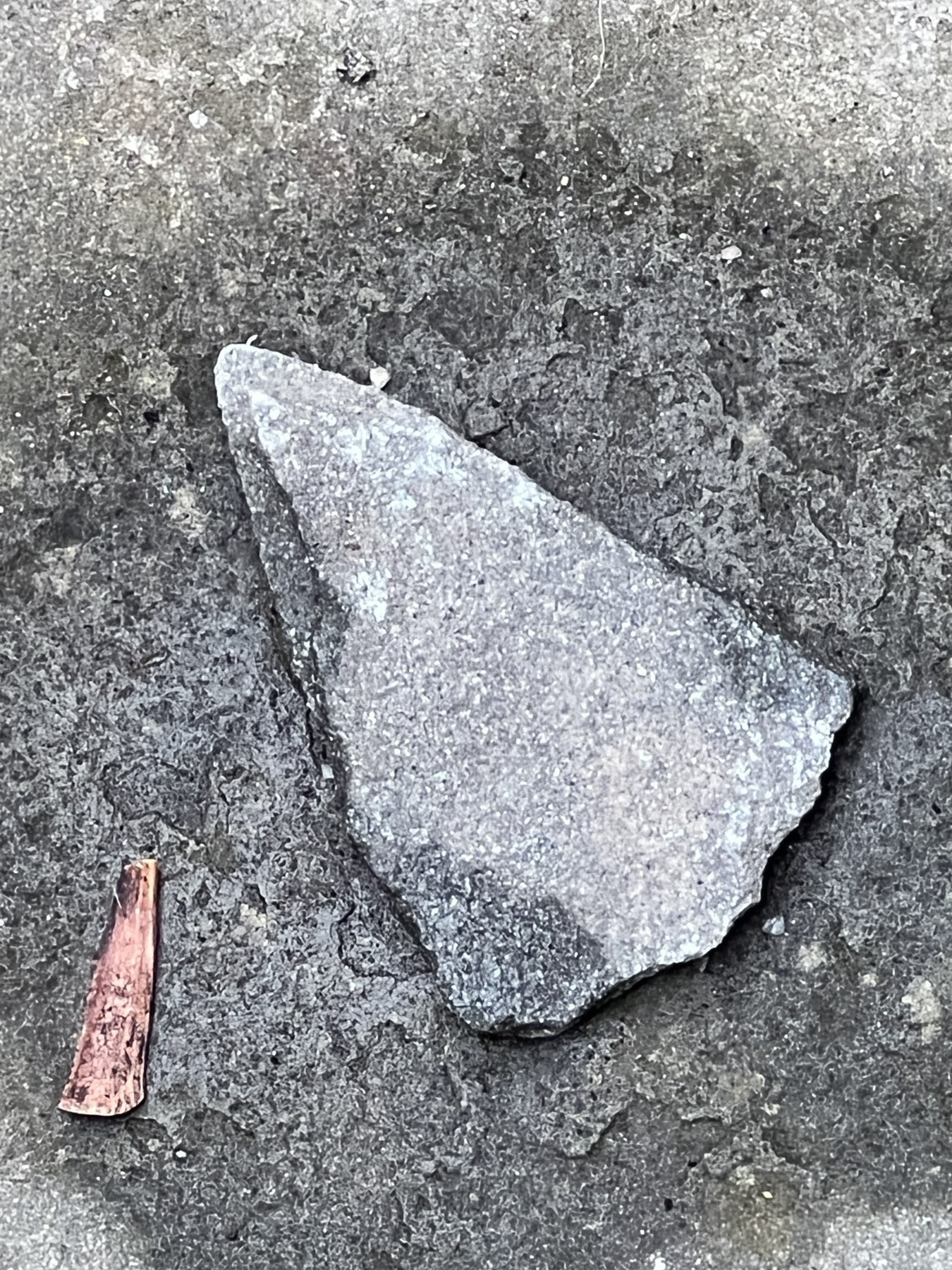
Found in the garden:

“[I]f a work does not compel us, it is untranslatable…”
–Yves Bonnefoy
“Kids in distressed families are great repositories of silence and carry in their bodies whole arctic wastelands of words not to be uttered, stories not to be told. Or to be told in sketchiest form–merely brushed by. It’s an irony that airing these dramas is often a family’s chief taboo. Yet the bristling agony secrecy causes can only be relieved by talk–hours and hours of unmuzzled talk, the recounting of stories. Who listens is almost beside the point, so long as the watching eyes remain lit, and the head tilts at the angle indicating attention and care.
Without such talk by the kids of these families, there’s usually a grave sense of personal fault, of failing to rescue those beloveds lost or doomed. That silence ticks out inside its bearer the constant small sting of indictment–what if, what if, what if; why didn’t I, why didn’t I, why didn’t I…"
–Mary Karr, Cherry
Yvor Winters to Marianne Moore urging her to publish a first book. Quoted in The First Book by Jesse Zuba.

“The only true motive for putting poetry into a fresh language [translating it] must be to endow a fresh nation, as far as possible, with one more possession of beauty. Poetry not being an exact science, literality of rendering is altogether secondary to this chief aim. I say literality—not fidelity, which is by no means the same thing. When literality can be combined with what is thus the primary condition of success, the translator is fortunate, and must strive his utmost to unite them; when such object can only be attained by paraphrase, that is his only path.
The task of the translator (and with all humility be it spoken) is one of self-denial. Often would he avail himself of any special grace of his own idiom and speech, if only his will belonged to him; often would some cadence serve him but for his author’s structure—some structure but for his author’s cadence; often the beautiful turn of a stanza must be weakened to adopt some rhyme which will tally, and he sees the poet reveling in abundance of language where himself is scantily supplied. Now he would slight the matter for the music, and now the music for the matter; but no, he must deal to each alike. Sometimes, too, a flaw in the work galls him, and he would fain remove it, doing for the poet that which his age denied him; but no,—it is not in the bond. His path is like that of Aladdin through the enchanted vaults: many are the precious fruits and flowers which he must pass by unheeded in search for the lamp alone; happy if at last, when brought to light, it does not prove that his old lamp has been exchanged for a new one,—glittering indeed to the eye, but scarcely of the same virtue nor with the same genius at its summons.”
–Dante Gabriel Rossetti, Preface to The Early Italian Poets
“As a form of training…it is important that the poet develop a strong bond with life, to be able to observe and able to choose his subject matter…Afterwards, he can abstract things by abstracting coincidences, and symbolize them. This time of observation (for a poet) is an elementary process akin to learning reading and writing.”
–Saadi Youssef
Revising the first edition of Saadi’s Bustan and finding all the beginner’s mistakes I made has been humbling. Some are fully my own, but some are absolutely a result of how the publisher rushed me, thinking he’d use my work to make Saadi as popular as Coleman Barks made Rumi.
“The poet’s autonomy from the literary marketplace is presented not as an option but as a painful necessity to which he cannot help but submit.”
“[P]oets' trajectories…lead across the field of production from a dominated poisition to a dominant one.”
–Jesse Zuba, The First Book
This is a very interesting essay about Jews’ relationship to Israel that is rooted in a truly contemporary reading of Judaism/Jewish culture and Jewish texts. I don’t know that I agree with everything it says, but it is thought provoking in the best sense: The Third Promise
“Metaphor is a way to explode sequence.”
–James Wood on Virginia Woolf in The Broken Estate.
Thinking today, and I wish I weren’t, of the student in the section of Intro to Jewish literature I taught more than a decade ago, who responded to Gerald Stern’s “Behaving Like A Jew” by asking why we were reading such no-talent poets. “Anyone could write this shit,” he said.
The arena of victory or of defeat? Tonight, for me, it was victory; last night, it was defeat.
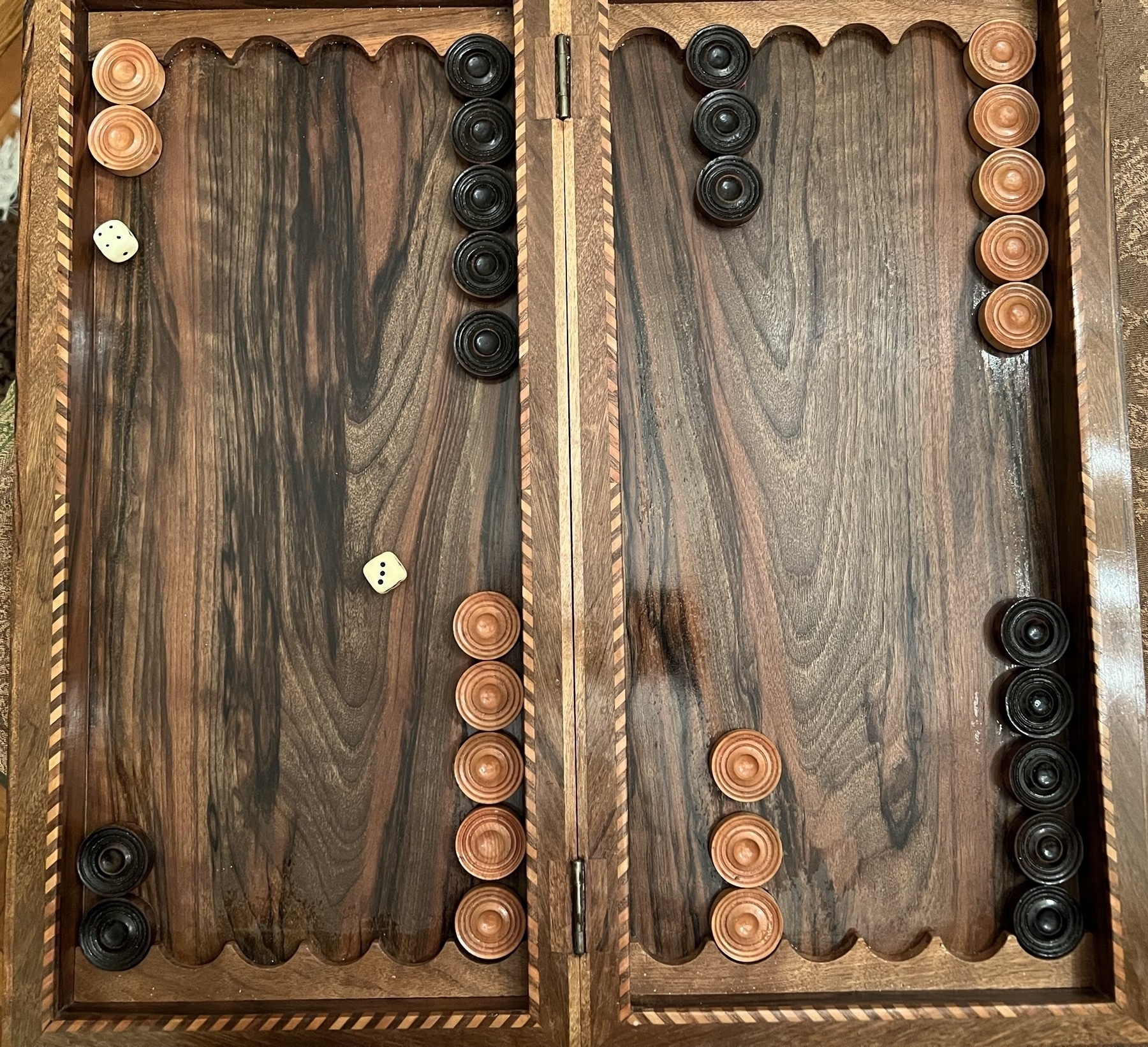
I needed this poem by Elizabeth Bishop today:
I am in need of music that would flow
Over my fretful, feeling finger-tips,
Over my bitter-tainted, trembling lips,
With melody, deep, clear, and liquid-slow.
Oh, for the healing swaying, old and low,
Of some song sung to rest the tired dead,
A song to fall like water on my head,
And over quivering limbs, dream flushed to glow!
There is a magic made by melody:
A spell of rest, and quiet breath, and cool
Heart, that sinks through fading colors deep
To the subaqueous stillness of the sea,
And floats forever in a moon-green pool,
Held in the arms of rhythm and of sleep.
Five years ago at my mother’s dog rescue.

I am enjoying the way this poem is growing in increments and how, the richer and more complex it gets in content, the more interesting it becomes to solve the rhythmic challenges it presents.
I know I posted the picture from Korea just two days ago, but looking at it today and then looking at the author photo I just had taken, it struck me how much, even after three decades plus, I am still the same person, with the same mood, when I am photographed.
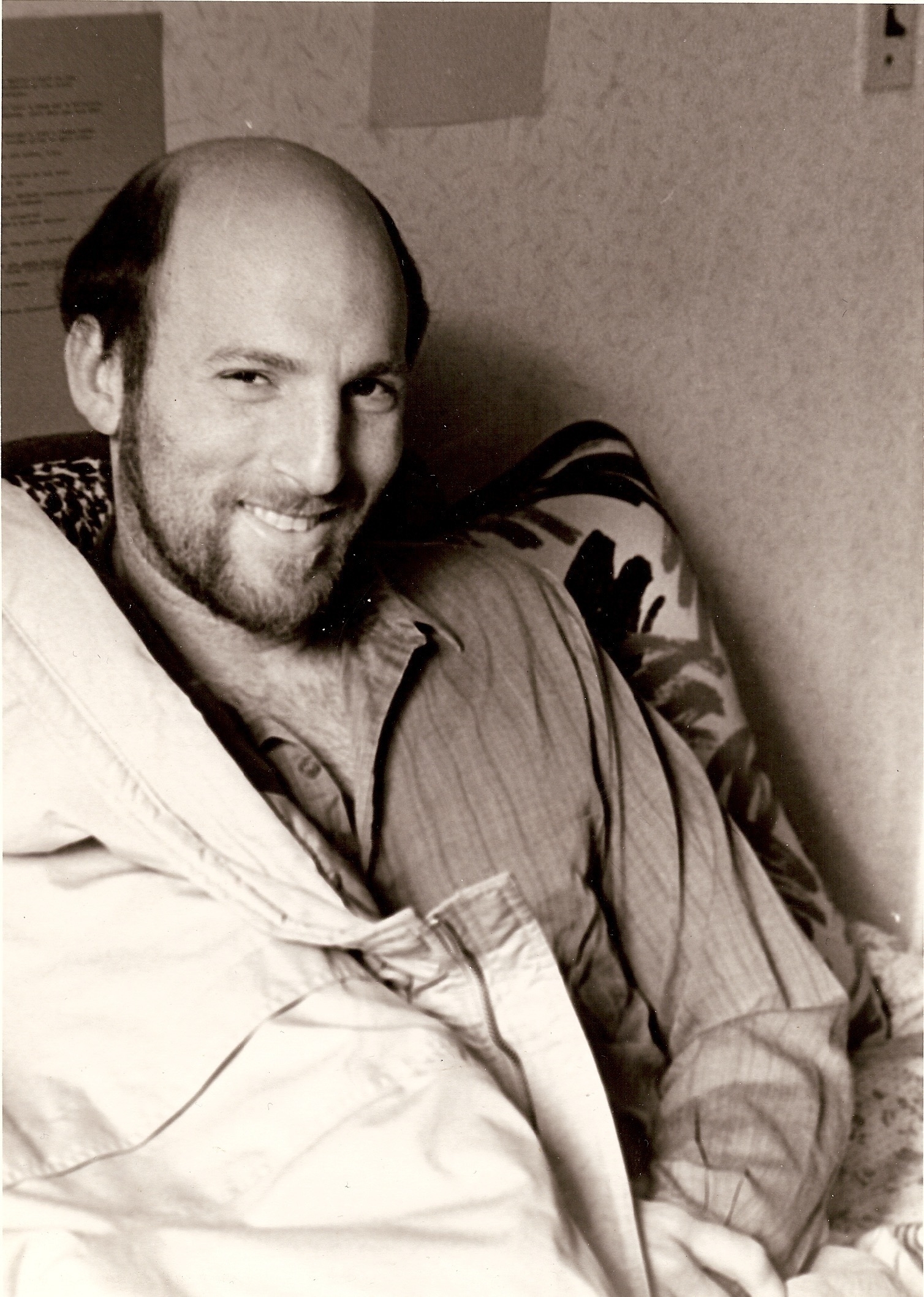
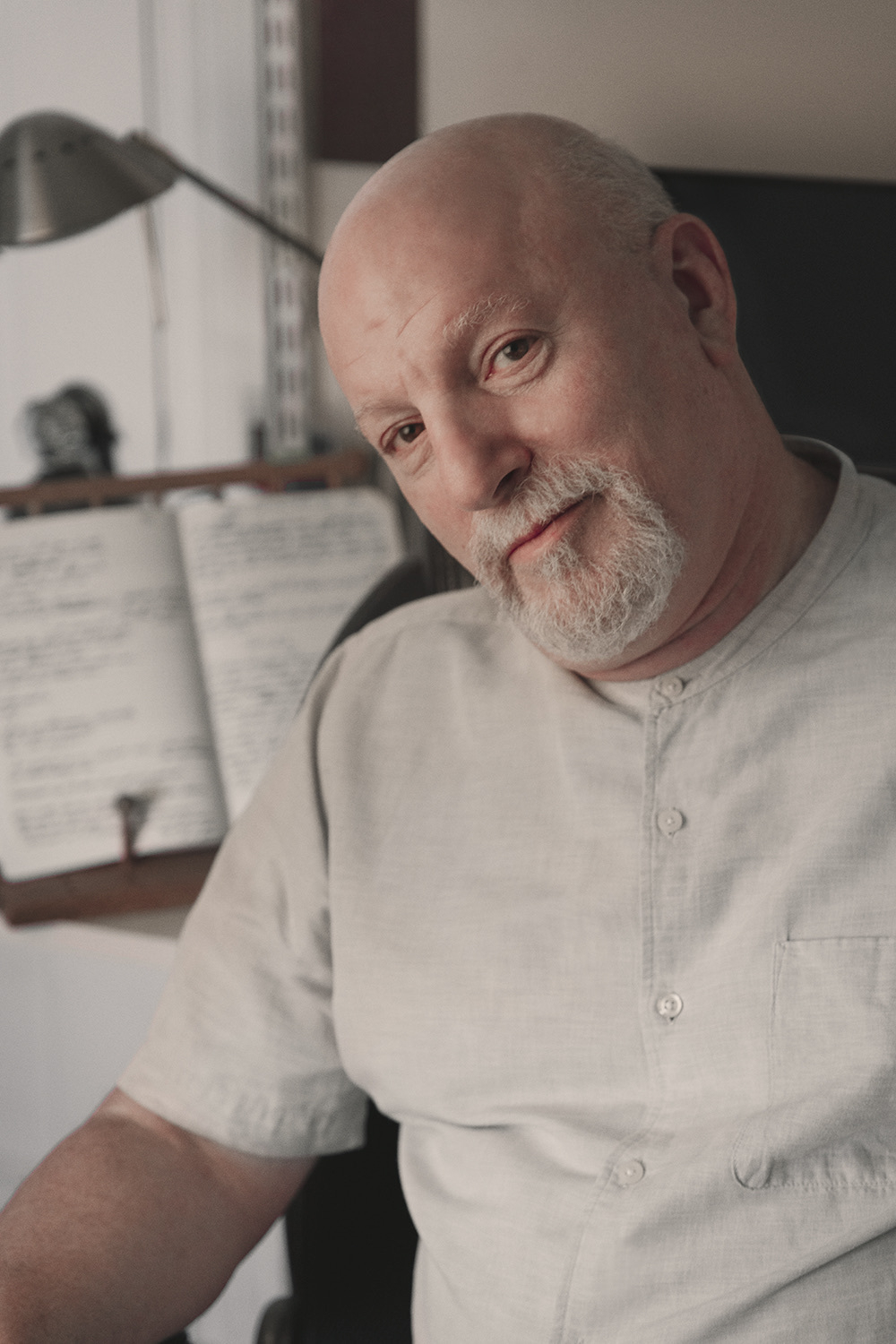
Dogs of the day.


Yin and Yang. Actually, Mahtab (moonlight) and Leila (night). Sadly, neither cat is with us anymore.

Me in my apartment in Seoul, Jugong Apartments, Building 112 #513, more than 30 years ago.

Without context and without comment, from “Harper’s Findings,” March 2020:
“In the past two hundred years, American men have cooled by a temperature of 1 degree Fahrenheit.”
“Women, but not men, experience better orgasms with worse socioeconomic circumstances.”
“Sexually exploitable men are less attractive to straight women than sexually exploitable women are to straight men.”
“Liberals are likelier than conservatives to experience caring emotions in their chests, whereas conservatives are likelier to experience them in their faces.”
Next book on the TBR shelf. The first poem, “Preface,” is a retelling of Adam and Eve that I need to read several more times. It was chilling. @ZephyrPress
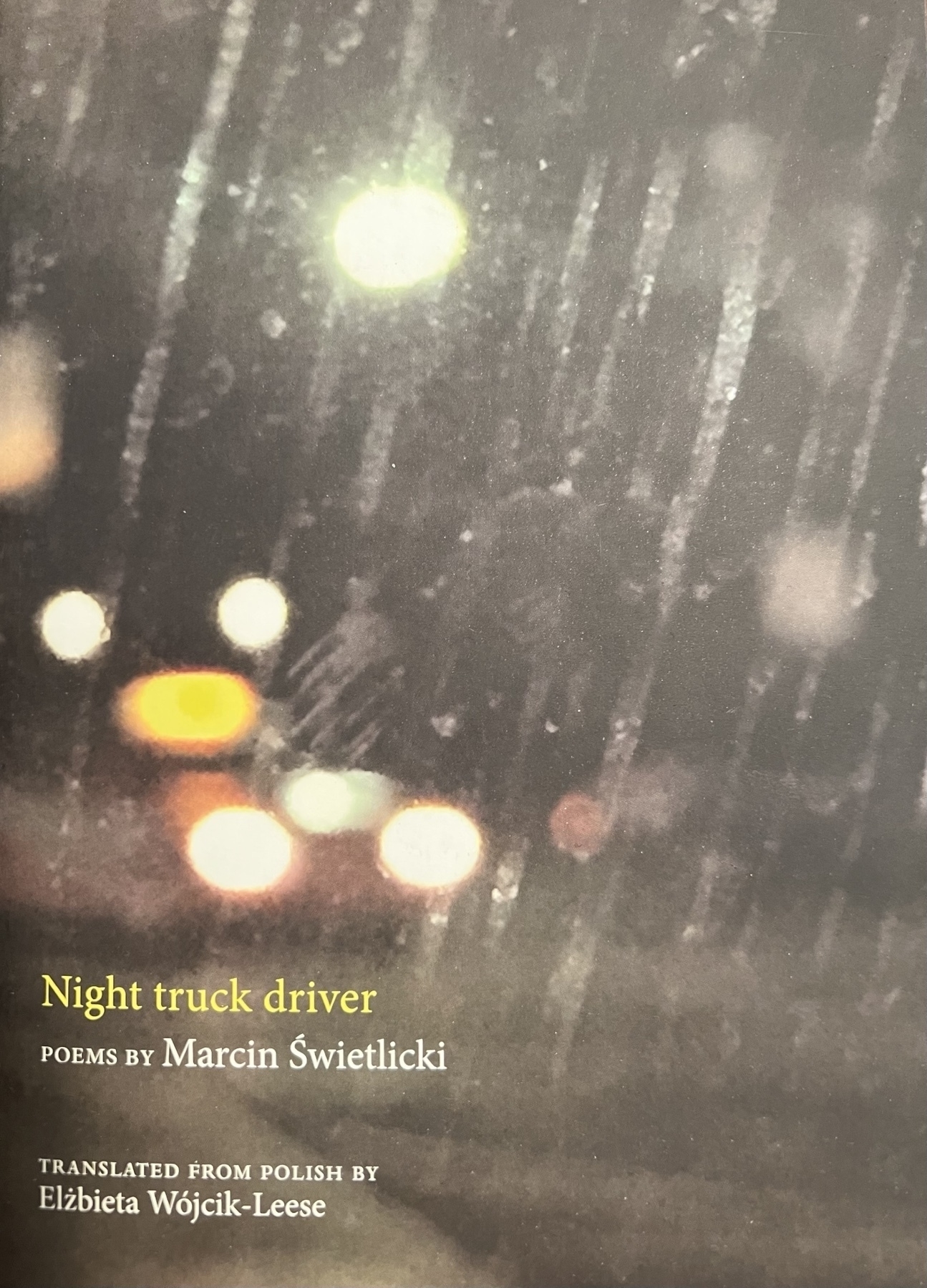
Down to one open poetry submission in Submittable. Whether it’s accepted or not, it’ll be a while before I start submitting poetry again. Not because I’m not writing–I am–but because it’ll be six months at least before any of the poems I’m working on now will be ready.
An interesting detail I overlooked in the first edition of my translation of Saadi’s Bustan: According to G. M. Wickems, the date Saadi gives in his introduction as the one when he finished the book might very well correspond to my wife’s birthday. I think that’s kind of cool.
One more, “My Father Watches Michelle Obama Garden While Mama Cooks,” from Sadia Hassan’s chapbook Enumeration.
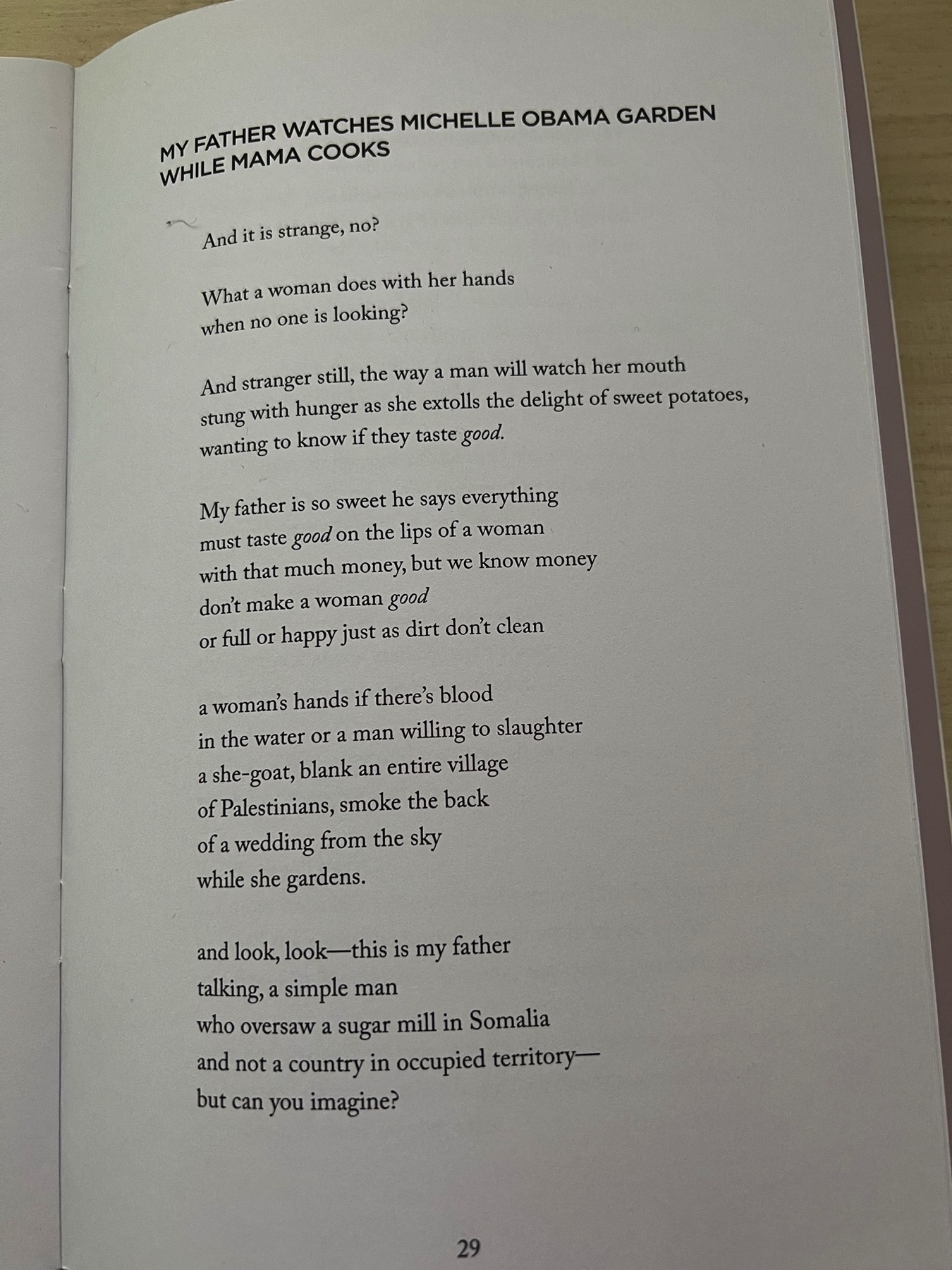
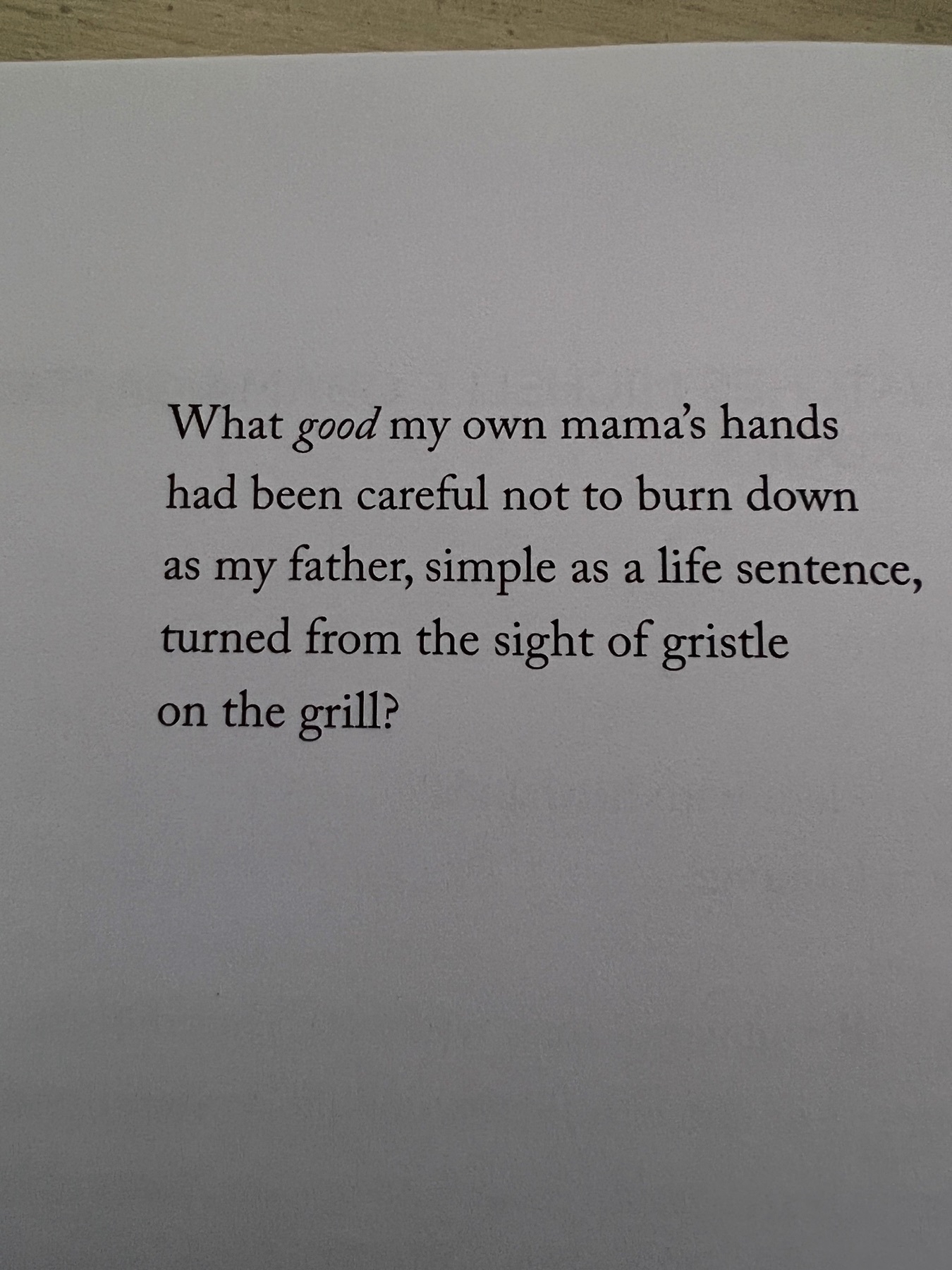
From “Sujui,” by Sadia Hassan’s, @blckrdaberry, chapbook Enumeration:
The Tana River, red and roiling
swelled with rain the summer after
I left school,and I kept quiet
what I found there buried
like a sweet in my mouth.